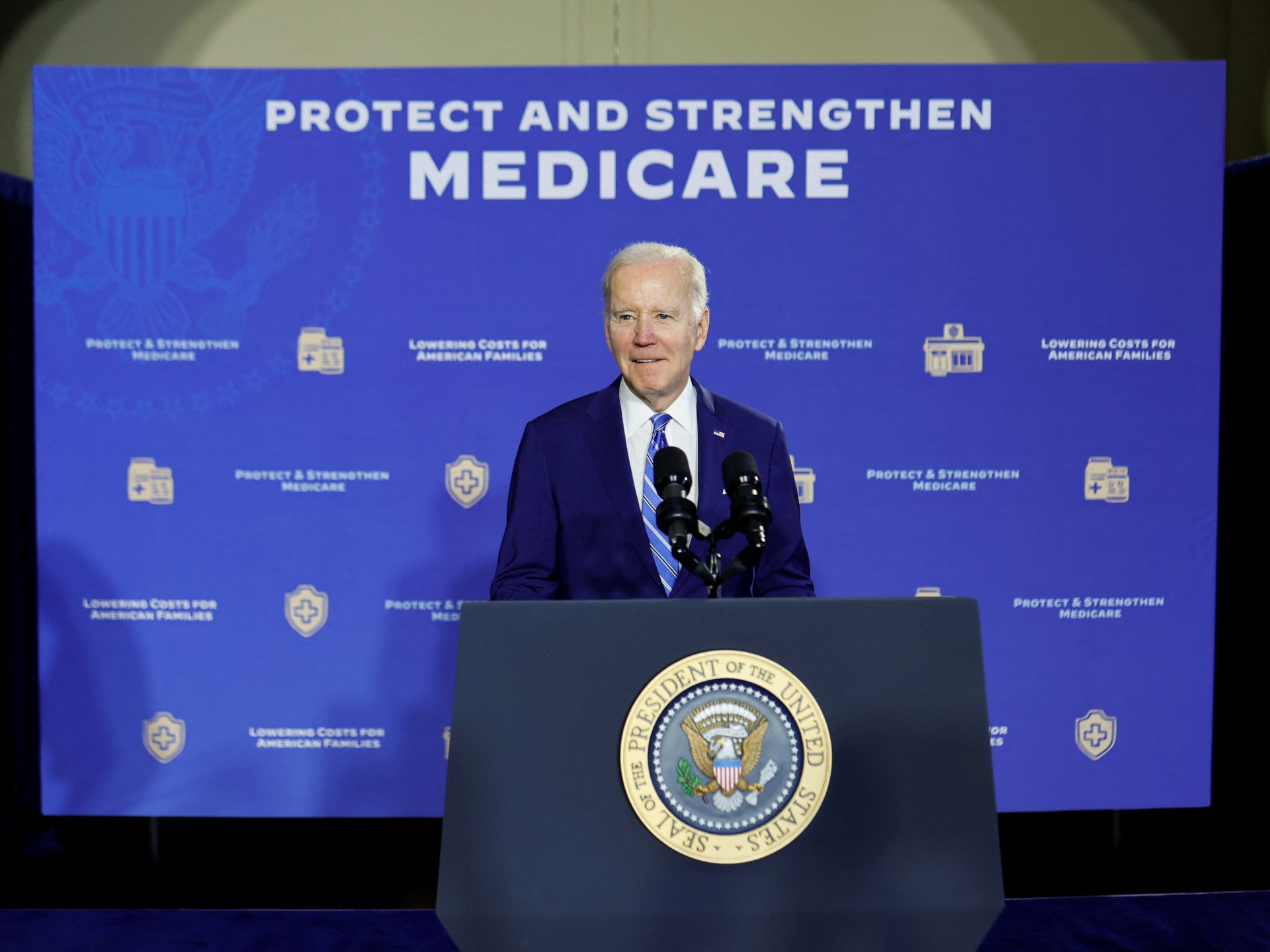Inflation data shows US prices were still uncomfortably high last month | CNN Business
Minneapolis
CNN Business
—
A new batch of inflation data released Friday showed that while prices remained uncomfortably high in September, a slowdown in wage growth indicates some relief may be in sight. That’s an encouraging development for the Federal Reserve, which is battling to bring down the highest inflation in 40 years.
The Personal Consumption Expenditures Index, which measures prices paid by consumers for goods and services, climbed by 0.3% from August to September but remained unchanged at 6.2% for the year, according to the latest report from the Bureau of Economic Analysis.
Core PCE, which strips out volatile food and energy prices and is the Fed’s preferred measure of inflation, climbed by 5.1% on an annual basis, higher than the August rate of 4.9% but below the consensus estimate of 5.2%, per Refinitiv.
From August to September, the core index rose by 0.5%, matching estimates. The prior month’s jump was revised down to 0.5% from 0.6%.
Separately, the Bureau of Labor Statistics released its latest Employment Cost Index, which shows a slowdown in wage and salary growth in quarterly labor costs. The central bank keeps a close eye on the ECI report to monitor the extent to which skyrocketing inflation is boosting wages — and fueling inflation.
The latest numbers come just days before the Fed meets to discuss another rate hike — and as Americans hit the polls to vote in midterm elections.
“These data confirm the Federal Reserve has more work to do to cool demand and reduce inflation and keep policymakers on track to raise the federal funds rate by another 75 basis points at the FOMC meeting next week,” Gregory Daco, senior economist at EY Parthenon, said in a statement.
But some of the underlying metrics that indicate a slowdown is on the horizon could mean that next week’s rate increase — which is expected to be the fourth-consecutive 75 basis-point hike — may be that last one of that size, said Mark Zandi, chief economist for Moody’s Analytics.
“There are a lot of moving parts, a lot of assumptions, but I think the most likely scenario is that we’re at the worst of the inflation, and it should be back close within spitting distance of the Fed’s [2%] target by spring of 2024,” he said.
Consumers have been struggling for months with prices that have remained firmly stuck at levels not seen since the 1980s. Despite a series of jumbo rate hikes from the Fed in its bid to tame inflation, the most recent Consumer Price Index — which measures the cost of everything from eggs to plane tickets — showed that price increases continue to surge and that inflation even spread from goods into the services sector in September.
The latest PCE report showed that Americans continued to spend beyond their means — consumer spending increased 0.6% in September from August and income grew 0.4%, while savings levels fell.
Even accounting for inflation, expenditures outpaced income.
“Monetary policy acts with a lag, but at this early stage, consumers’ spending is more or less unfazed by high inflation and the rate hikes intended to get prices under control,” Wells Fargo economists Tim Quinlan and Shannon Seery said in a note Friday.
Consumers, however, aren’t necessarily bullish about the economy and its future prospects.
The University of Michigan’s consumer sentiment index for October came in at 59.9, according to updated survey data released Friday. That’s only 10 index points above the all-time low reached in June.
“This month, buying conditions for durables surged 23% on the basis of easing prices and supply constraints; however, year-ahead expected business conditions worsened 19%,” said Joanne Hsu, surveys director. “These divergent patterns reflect substantial uncertainty over inflation, policy responses, and developments worldwide, and consumer views are consistent with a recession ahead in the economy.”
Beyond the consumer sector, the broader economic picture is darkening, Daco said.
“Rapidly rising interest rates, persistently high inflation, and elevated global uncertainty are eroding business sentiment and prompting companies to make more cautious hiring and investment decisions.”
And while the housing market is already buckling under the weight of surging mortgage rates, the full economic impact of the Fed’s policy tightening has yet to be felt, he said.
CNN Business’ Tami Luhby contributed to this report.




